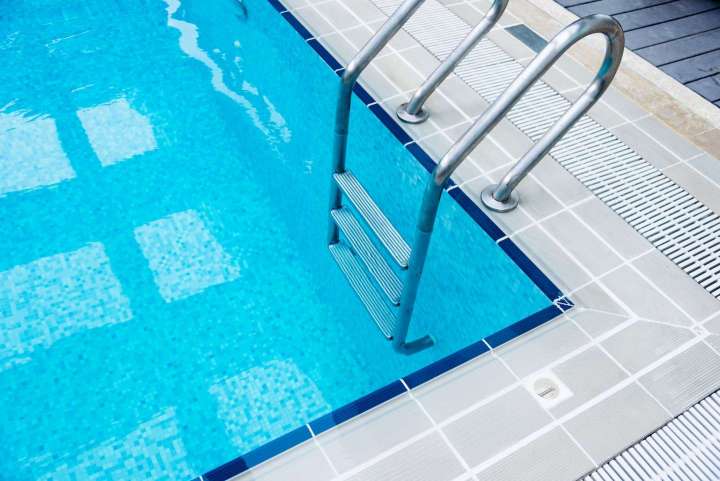“Can you see me?” the girl in the water asked me. “Can you see?”
A year after Kabul fell to the Taliban, Afghan girls stay unsinkable

“I can,” I said. I watched her legs kicking as she treaded water. “You’re staying up. You’re doing great.”
“Today’s the first day I can do this,” she said, the droplets flying, and her smile was so beautiful. “My goal was to stay above water, and you’re seeing me meet my goal.”
For nearly a year, The Post has granted me the extraordinary privilege of sharing stories of Afghan women: stories of our lives, stories of what it means to be brave in moments large and small.
I’ve shared these stories not to romanticize reality or indulge in easy metaphor. I share them because you need to know that Afghan women will not give up. Ever. Not on themselves and not on each other and not on their nation. I share them because the international community needs to know that engaging with the bravery of Afghan women offers the best chance of lifting my homeland out of the downward spiral the Taliban has set us on.
On Aug. 15, 2021, I locked the gate at our campus in Kabul and walked into the streets as that spiral lurched back into motion. Its momentum has grown merciless. My beautiful country is in economic free fall. Families are starving. Girls like my students are barred from school. Women like me are forbidden from working.
In my very first column, I asked you not to look away from Afghanistan. I wrote: “Educated girls grow to become educated women, and educated women will not allow their children to become terrorists. The secret to a peaceful and prosperous Afghanistan is no secret at all: It is educated girls.”
And so today, one year down the spiral, as the world follows news of the death of al-Qaeda leader Ayman al-Zawahiri at his hideaway in Kabul, girls walk into secret schools on the outskirts of our city. They learn English, and they learn art. In living rooms, women gather in secret to strategize ways to fight for the human rights they’ve been denied. As it was in my childhood, so it is again.
Far away from her family in Afghanistan, a girl treaded water in a pool. There were only women at swimming practice that day, as always. Our students were clad in burkinis, as always. Yet there are those in Afghanistan who would still see such healthy recreation as questionable, and I asked this girl: “Do you tell your family about days like this? Do you share these moments with them?”
She used a respectful term of address in responding, but there was no mistaking the incredulity in her voice. “Shabana Jan,” she said, “I share everything with them. They’re so happy that I’m happy and that I’m learning.”
She is studying in Rwanda, but so many girls like her are in refugee camps and back in Afghanistan. I am working in Rwanda, but so many women like me are in refugee camps and back home. In our worldwide exile and in our brutalized homeland, we are one year down the spiral with so much lost. So much taken. And yet there is so much within us that will not, cannot be extinguished.
At the pool that day, girls were splashing, laughing, bobbing below the surface and coming back up, their faces wet and smiling.
“Can you see me?” an Afghan girl asked.






